Knowledge Centre
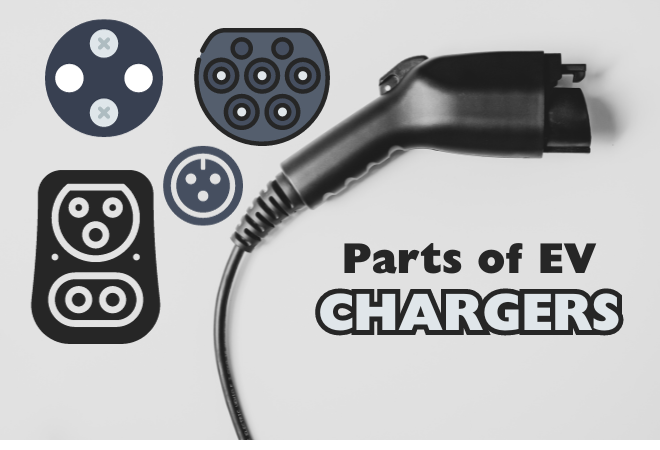
Main Components of EV Chargers: Power Supply, Connector, Cables
Electric vehicle chargers have key parts: power supply, connectors, cables, safety board, and smart features. These ensure safe and efficient charging.
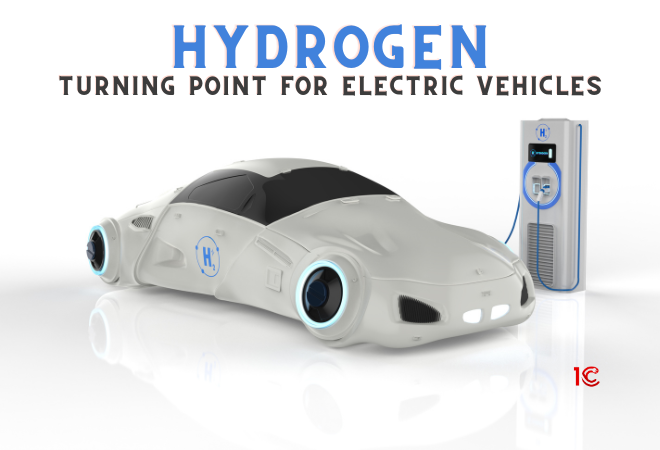
Will Hydrogen Vehicles Takeover Electric Vehicles in 2024?
In 2024, India sees a rise in hydrogen vehicles, backed by government support and industry collaboration, offering environmental benefits and diverse applications.

Internal Combustion Engine: Working, Types & Use of ICE in EV Cars
Internal Combustion Engines power vehicles but emit pollutants. In Electric Vehicles, they act as range extenders, balancing efficiency with environmental concerns.
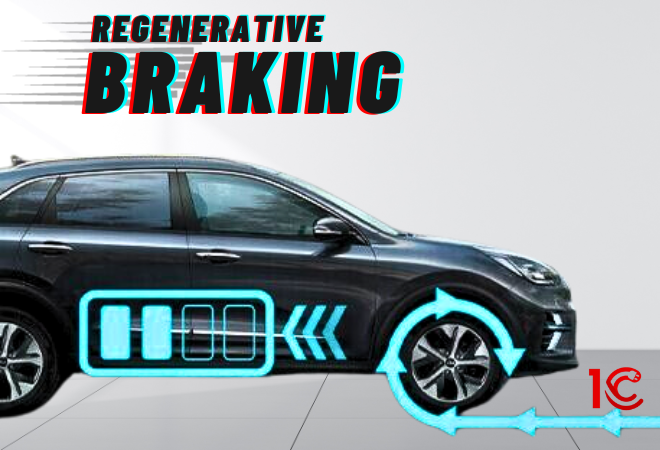
Regenerative Braking in Electric Vehicles
Regenerative braking in electric cars recycles braking energy, boosting efficiency and extending range. A smart tech, yet with some limitations
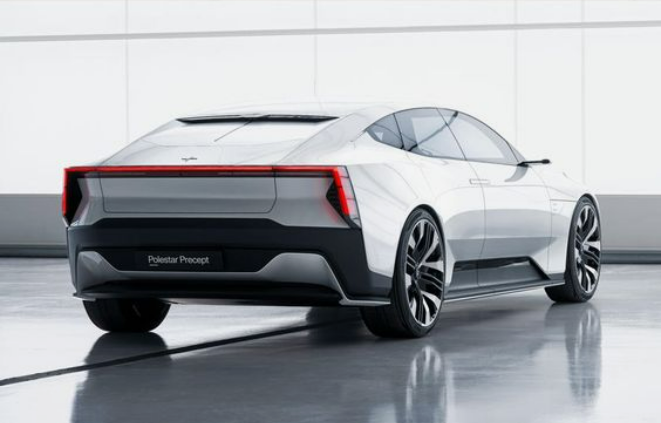
Types of Electric Vehicles: BEV, HEV, PHEV
Electric vehicles use lithium-ion batteries, produce zero tailpipe emissions, but face challenges like limited charging, cost, and battery degradation.
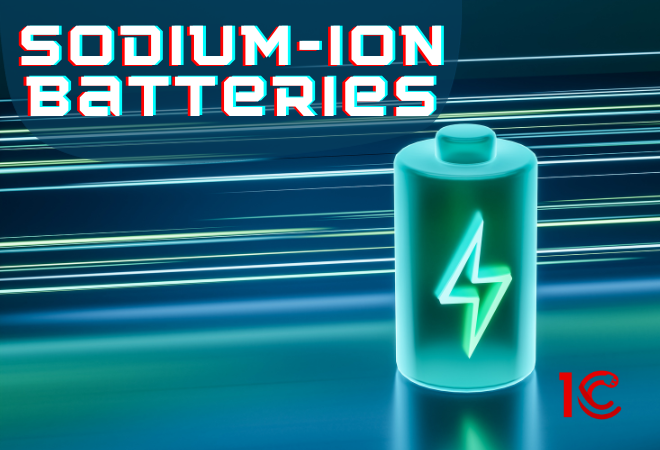
Sodium-Ion Batteries by KPIT | Affordable, Fast, and Safe
Top Sodium-ion battery makers in India: Faradion, AGM Batteries, NGK Insulators. Safer than lithium-ion, 30% cost savings for EVs, vital for renewable energy storage.

Is India Ready For Electric Vehicles in 2024?
India moves toward electric vehicles, but challenges persist. Progress is seen, but readiness for 2024 requires ongoing work on infrastructure, cost, and awareness.
What is a Hybrid Car? Types, Benefits and Working
Hybrid cars blend gas and electric power for efficient driving. They use both engines by saving fuel and reducing emissions. Learn its working and their pros and cons.

Can Hybrid Cars Challenge Tata Motors’ EV Dominance?
Tata Motors Growth Focus on No emission vehicle, can hybrid overcome Pure EV, what is Hybrid Vehicle?


